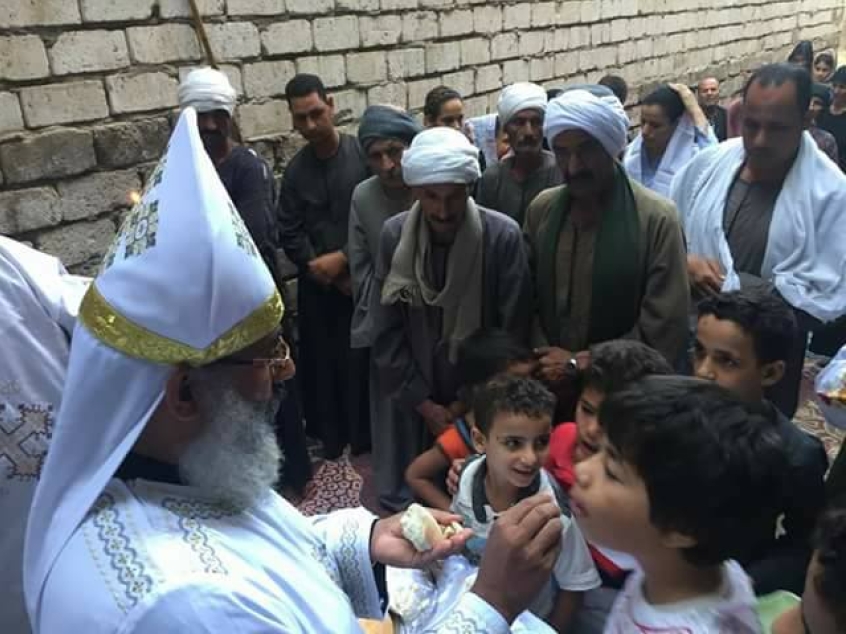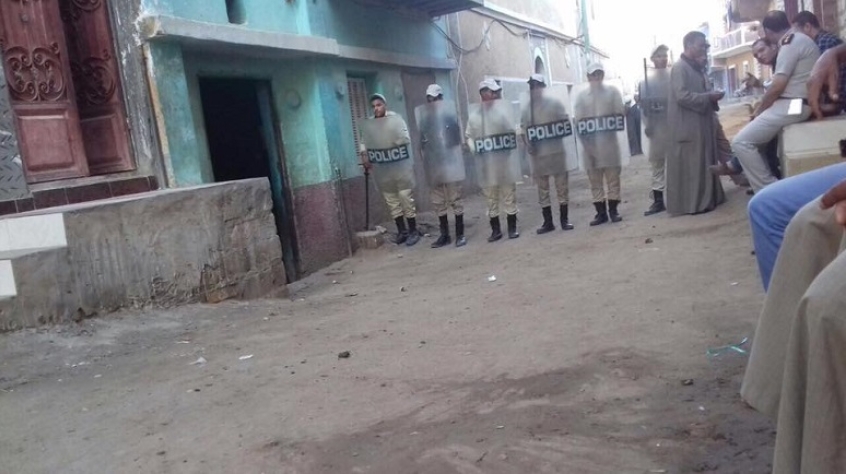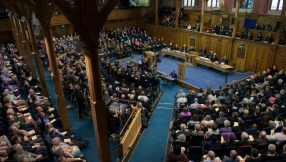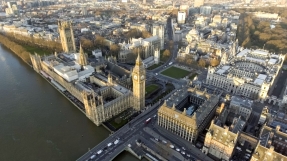
Tensions between Coptic Christians and Muslims in an Upper Egyptian village eased this week following weekend clashes after the Christians were prevented from holding a Mass at a private home because they had no permit.
According to World Watch Monitor (WWM), local Muslims in the village of Ezbat Al-Forn, part of the Minya governorate, complained to the authorities over plans by the Copts to meet in the home on Sunday, leading to the clashes.
But on Monday, the Copts processed peacefully through the streets of the village to celebrate the feast of the Assumption of Mary and calm prevailed, the Egypt Independent reported.
According to the newspaper, the local bishop, Anba Macarius, 'said that Muslims in the village have never objected to the prayers of the Coptic Christians in any place in Ezbat al-Forn...He added that the relations between the people are kind and neighbourly, contrary to media reports that say Muslims object to Christian prayers ... [And] that prayers were held in the streets in peace and security, with no protest.'
Now, the local authorities are reportedly 'considering' the Christians' request for a licence to hold religious services at the residential property, while also searching for suspects involved in Sunday's clashes.
The Egypt Independent added that the governor of Minya, Essam Bedawey, acknowledged that 'there are tensions between Muslims and Coptic Christians in some areas of the governorate, and there is a comprehensive plan to address these spots'.

WWM reported that Bishop Macarius had previously highlighted that his parish alone, which includes only Minya city and its immediate surroundings, is home to 15 churches that have been closed on security grounds.
In a statement last week, the bishop expressed his disillusionment 'at the failure of negotiations with security authorities in Minya to reopen churches closed by security order' because churches either lacked security approval or were considered offensive to Muslims and therefore a threat to social harmony.
WWM has previously reported that Copts have experienced similar challenges in the villages of Kom El-Loufy, El-Galaa, and also in Saft el-Khirsa – a town of around 12,000, including approximately 70 Christian families, which has ten mosques but no church.
Meanwhile, Watani reported in June that since 2005, Copts have not been able to meet in their church in the village of Dabbous in Samalout, near Kom El-Loufy.
The governorate of Minya, south of Cairo, is home to 5 million people, of whom, according to WWM, 35-40 per cent are Copts.
The governate has reportedly faced the largest number of sectarian attacks, 75 of which were on local Christians, in the past six years.













